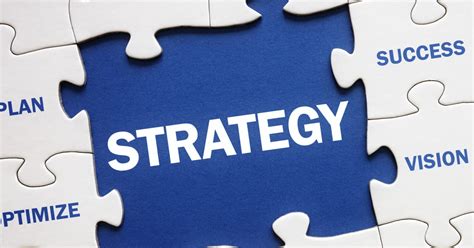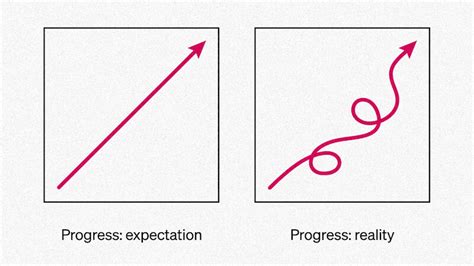The Intertwined Path of Fitness and Finance
Life, in its unpredictable nature, consistently throws curveballs. Whether you’re striving for peak physical condition or aiming for robust financial security, setbacks are not just possibilities but certainties. An injury can derail your workout routine, just as an unexpected expense can set back your savings goals. The crucial difference between those who crumble and those who thrive lies in their capacity for resilience – the ability to bounce back, adapt, and grow stronger from adversity.
This article explores how you can systematically build and leverage resilience to not just survive, but truly crush the obstacles that inevitably arise in both your fitness and financial journeys.

Understanding the Power of Resilience
Resilience isn’t merely about enduring hardship; it’s about actively transforming it into a catalyst for growth. It’s the psychological and emotional strength that allows individuals to cope with stress, trauma, tragedy, and threats. In the context of fitness, this might mean an athlete recovering from an injury stronger than before. In finance, it could be someone rebuilding their financial life after a significant loss with renewed wisdom and discipline.
Cultivating resilience is a dynamic process, not a static trait. It involves a blend of self-awareness, adaptive coping mechanisms, and a proactive mindset towards challenges.
Confronting Fitness Setbacks
Your fitness journey is rarely a straight line upwards. Injuries, plateaus, waning motivation, or simply life’s busy schedule can all act as formidable roadblocks. A torn muscle might mean weeks away from the gym, while a plateau can be disheartening, making you question your progress. These moments are fertile ground for developing resilience.
Instead of viewing these as failures, see them as opportunities. An injury forces you to explore different forms of exercise, focus on recovery, and build foundational strength. A plateau demands a reassessment of your training, nutrition, or rest, leading to more intelligent strategies.

Navigating Financial Storms
The financial world is equally fraught with potential setbacks. Job loss, unexpected medical bills, market downturns, or even significant home repairs can wreak havoc on carefully laid financial plans. Many people feel overwhelmed, leading to despair or poor financial decisions during these times.
Resilience in finance means having the mental fortitude to stick to your budget during lean times, to patiently rebuild savings after a major expense, and to resist panic selling during market volatility. It’s about understanding that temporary setbacks do not define your long-term financial trajectory.

Strategies for Building Unwavering Resilience
Building resilience is an intentional process that requires consistent effort. Here are actionable strategies applicable to both your fitness and financial goals:
Embrace a Growth Mindset
Shift from believing your abilities are fixed to understanding that they can be developed through dedication and hard work. When faced with a setback, a growth mindset asks, “What can I learn from this?” rather than “Why me?” This perspective transforms obstacles into learning experiences.
Set Realistic and Adaptable Goals
While ambitious goals are motivating, ensure they are also realistic and flexible. Understand that your fitness routine might need to adapt if you get sick, or your financial plan might need adjusting if your income changes. Break larger goals into smaller, manageable steps to celebrate small wins and maintain momentum.
Cultivate a Strong Support System
Surround yourself with people who uplift and encourage you. This could be a workout buddy, a financial mentor, friends, or family. Sharing your struggles and successes can provide perspective, motivation, and practical advice when you need it most.
Practice Self-Compassion
Be kind to yourself when you experience setbacks. Self-criticism can be demotivating. Instead, acknowledge your struggles, offer yourself the same understanding you would a friend, and gently guide yourself back on track. Remember, perfection is not the goal; consistent effort and learning are.
Develop Problem-Solving Skills
Rather than dwelling on the problem, focus on solutions. If an injury prevents heavy lifting, explore bodyweight exercises or swimming. If a financial emergency depletes savings, strategize ways to cut expenses temporarily or generate additional income. Proactive problem-solving builds confidence and a sense of control.

The Long Game: Persistence and Adaptability
Building resilience is not about avoiding setbacks, but about developing the internal strength and external tools to effectively navigate them. It’s understanding that a missed workout doesn’t negate your fitness journey, and a temporary financial dip doesn’t doom your future. The truly resilient individual understands that consistency, coupled with the flexibility to adapt, is the ultimate recipe for long-term success in both fitness and finance.
Start today by identifying one small area where you can practice resilience, whether it’s getting back to the gym after a break or recommitting to your budget after an overspend. Each small step reinforces your capacity to crush future challenges.





